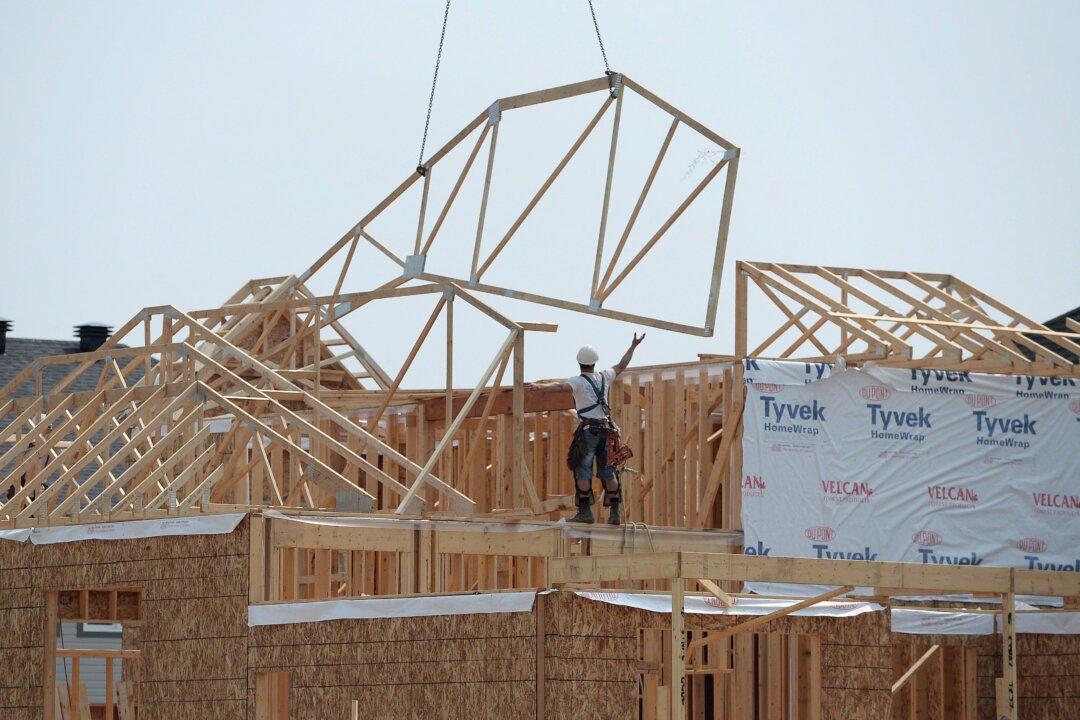The Canada Mortgage and Housing Corporation’s (CMHC) chief economist told a Senate committee meeting on national finance that he doesn’t know how many rental units will result from the removal of GST on construction.
“Whatever program that lowers costs I think will be helpful, but I don’t have a specific figure to give you, to say this will result in the creation of ‘x’ number of units,” Bob Dugan told the Senate national finance committee, according to Blacklock’s Reporter.




